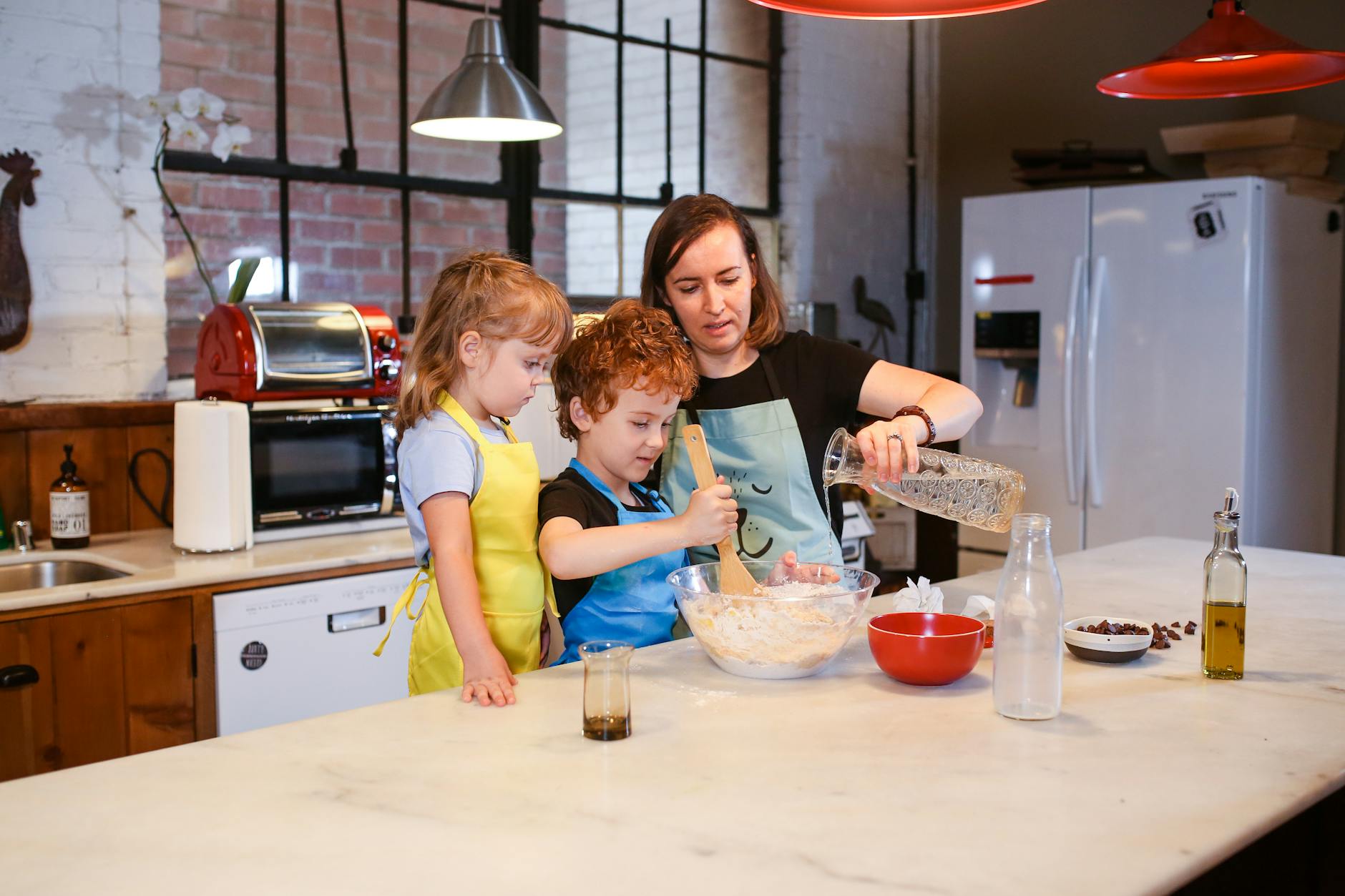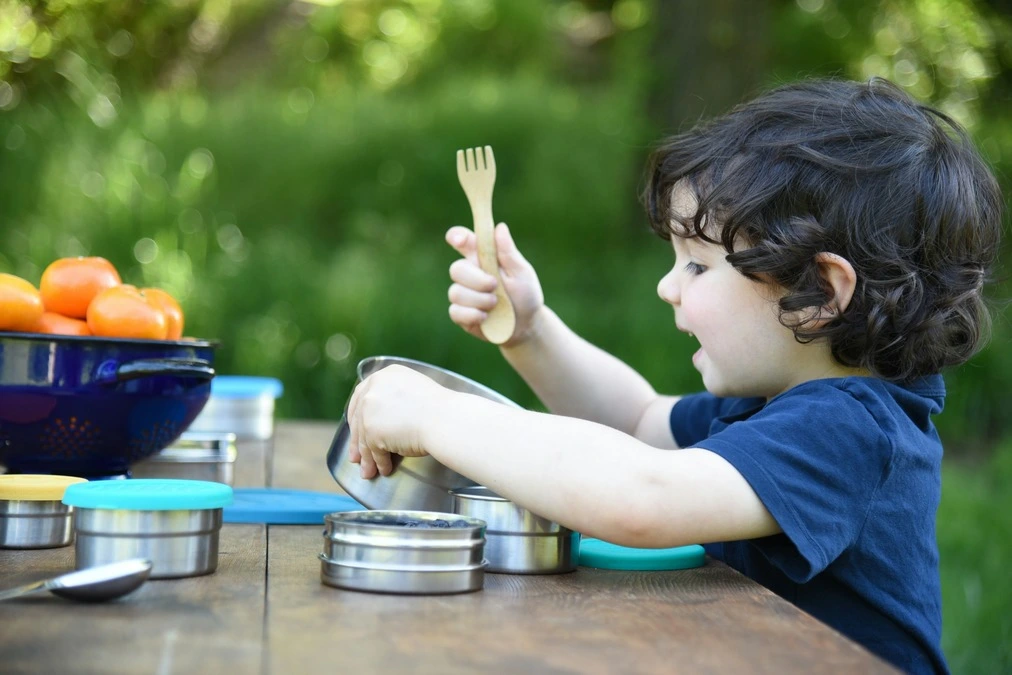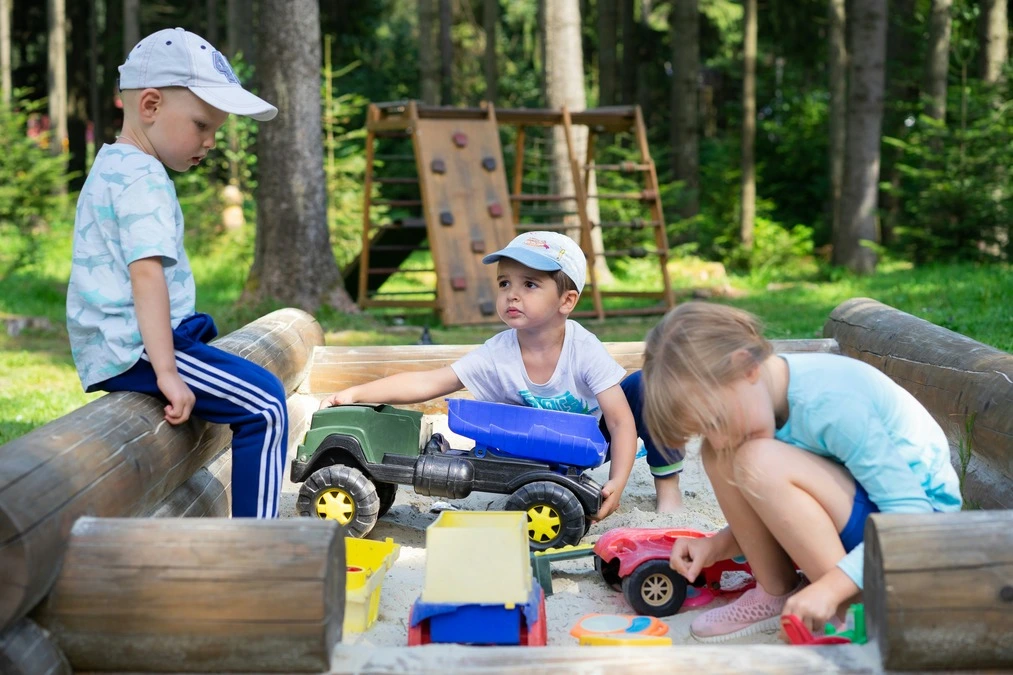Montessori education is not confined to the four walls of a classroom; it can be seamlessly integrated into parenting practices at home. At its core, the Montessori method fosters independence, respect for a child’s individual learning pace, and the development of critical thinking skills. Parents can embrace these principles by creating an environment that encourages exploration and learning.
One of the fundamental aspects of Montessori parenting is to provide children with opportunities for self-directed learning. This can be achieved by setting up accessible learning stations in the home where children can choose their activities based on their interests. Simple tasks, such as preparing a snack, dressing themselves, or mini gardening projects, allow children to feel a sense of accomplishment and confidence.
Moreover, parents can facilitate learning through observation. Instead of directly instructing children, it’s vital to give them the freedom to explore their surroundings. This can mean stepping back when they are engaged in an activity, allowing for moments of discovery and problem-solving. Encouraging children to ask questions and express their thoughts promotes curiosity and critical thinking, essential components of the Montessori philosophy.
Lastly, fostering a respectful environment is crucial. This involves listening to children, valuing their opinions, and creating a family atmosphere that encourages cooperation rather than competition. By embracing these strategies, parents can effectively apply the Montessori method beyond the classroom, nurturing confident, capable, and independent individuals.







